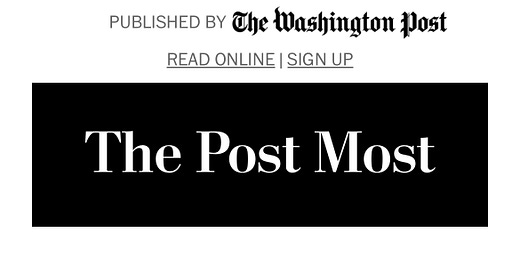Free speech is under attack all over
From nutty defamation verdicts to federal warnings about "misinformation," from French efforts to criminalize vaccine criticism to Germany's political crackdown, democracies no longer want debate.
(FIRST IN AN OCCASIONAL SERIES)
In 1941, as the United States neared war with Germany and Japan, President Franklin Delano Roosevelt listed the “Four Freedoms” vital to life - and offered “freedom of speech” as the first freedom, even before “freedom from fear.”
Roosevelt’s stirring words were part of a centuries-long American tradition of protecting free…
Keep reading with a 7-day free trial
Subscribe to Unreported Truths to keep reading this post and get 7 days of free access to the full post archives.



